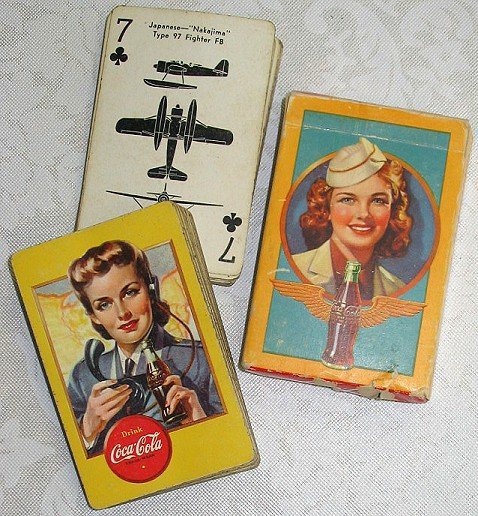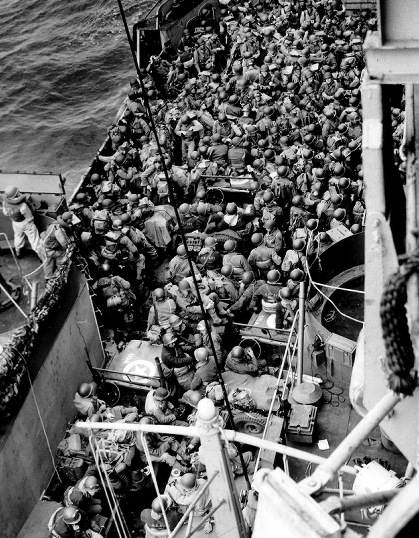[this is a portion of Tuttle’s entry for October 29, 1945]
A card game broke out that night in one of the enlisted barracks. That happened most nights anyway, but this one had very little to do with gambling. I was sitting in, mostly minding my ante, not wanting to take anyone’s money but not wanting this bit of material to be too expensive. (Editors are not fond of reimbursing wagers!)
The guys needed to pass the time thinking about something other than the impending unknown. We still didn’t even know when we were going, nobody did. We had a good guess where, though, and talked about everything but that. Still, people will drift back to what they have in common, and this group from all over a dozen states had only two things in common – the United States Marine Corps and whatever adventure it ordered them on next.
Finally a readily agitated private from Detroit, Dante Iacoboni, spoke up. “They say the Japs spent eight or ten months, twelve tops, digging in around here {Okinawa}. It cost us three months and a giant ass-kicking to kick them out of this [expletive]. How long you think they’ve had to dig in on Japan proper?”
After a pause another veteran Detroiter, Sgt. Ora Inman, answered him quietly. “About a thousand years.” The senior man on the deck, Sgt. Barnard, wasn’t even playing, as he fastidiously tended his gear, like he did every evening. But he was listening and spoke up right away.
“Listen up fellahs. I’m not supposed to say anything, but the word is that there’s a ‘surprise’ inspection tomorrow morning. Don’t tell ‘em I said so, but you might want to call it a night here and square away your gear now.”
The players agreed readily that they’d had enough cards anyway. They had a quick round of the usual arguing about who had cheated using the markings on the well worn deck and went to their respective barracks and tents.
There was no inspection the next morning.


